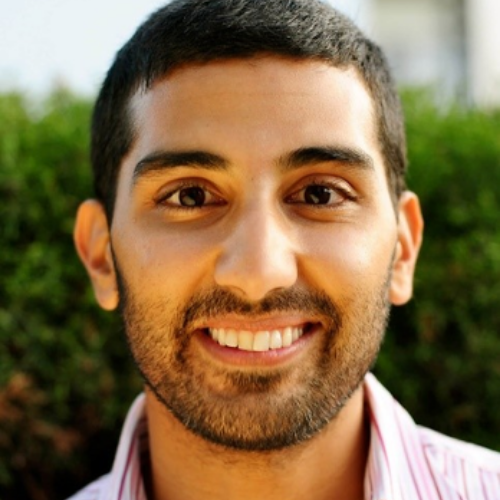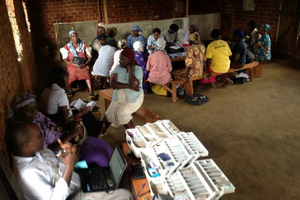Sonak Pastakia (Pharmacy)
Addressing SDGs 3, 9, 10, 16 and 17
IUPUI Faculty Profile: Sonak Pastakia, Ph.D.
Purdue University Center for Health Equity and Innovation
Overview
Dr. Sonak Pastakia is a Professor of Pharmacy Practice at the Purdue University Center for Health Equity and Innovation. Dr. Pastakia specializes in diabetes and chronic disease management in low and middle-income countries, care delivery in remote and rural areas, fortifying pharmacy distribution systems in impoverished nations, and supply chain construction for essential medications. Dr. Pastakia is also involved with the largest trade union of women in the world, the Self-Employed Women’s Association (SEWA) in India, working to build a model of healthcare delivery for the association’s members. He is also involved in COVID-19 education and treatment for underserved populations in central Indiana.
Dr Pastakia held a Jefferson Science Fellowship with the USAID Africa Bureau for Sustainable Development in Washington D.C. and has served on the medical board of Direct Relief. He also works as principal investigator or co-investigator on several grants for the National Institutes of Health, United Kingdom Medical Research Council, and USAID.
Ongoing Projects
A key focus of Dr. Pastakia’s research and service is understanding and addressing global healthcare inequities. One area of focus is the Bridging Income Generation with Group Integrated Care (BIGPIC), an initiative of the IU-led and Nobel prize-nominated Academic Model Providing Access to Healthcare (AMPATH) program in rural Kenya. BIGPIC integrates chronic and non-communicable disease healthcare with economic sustainability education, with a vision of providing healthcare while simultaneously addressing underlying barriers to access of health among low and middle-income populations. BIGPIC hosts seminars for patients on strategies for income generation and healthcare education. During these seminars, BIGPIC also utilizes mobile diagnosis and treatment devices to detect diabetes and hypertension among participants, and provides treatment.
Dr. Pastakia is also co-author of a medicine textbook chapter focusing on global health and travel medicine. His goal is to educate readers about health disparities between global regions, causes and barriers that create these disparities, and provide an analysis of such factors in different continents. This is also the subject of Dr. Pastakia’s article entitled “The Unpaid Debt of Underinvestment in Public Health”. From his experience with AMPATH and BIGPIC in Kenya, Dr. Pastakia outlines the consequences of poor investment or neglect in the provision public health services. His response is to emphasize strong intersectoral collaborations for addressing socio-economic constraints to medical health access. Specifically, he presents the case of AMPATH to show how a multi-faceted program that provides holistic healthcare and economic education can help neutralize disparities in public health, and he calls for the adoption of models similar to AMPATH in other settings.
Reciprocal Innovation
Key to Dr. Pastakia’s research and service is the concept of reciprocal innovation – taking lessons learnt in one academic research setting and applying it to a different setting to address similar problems. For example, Dr. Pastakia is applying the lessons from Kenya in underserved communities in Indiana. Indiana is currently ranked 41 out of 48 in health outcomes in the US, and 48th in public health funding, and multiple counties experience life expectancies lower than those found in some regions of Kenya. Populations of underperforming counties in Indiana are now the beneficiaries of community-based models that integrate socio-economic development and healthcare.
Research indicates that the United States is one of the highest spenders in clinical healthcare. However, this expenditure fails to translate into positive health outcomes. Dr. Pastakia’s work suggests that the key factors limiting positive health include a disproportionate distribution of health resources, which severely limits access for low-income populations in the US. An approach which only addresses one of the four social determinants of health cannot prevail. The BIGPIC approach to healthcare wherein all the four social determinants of health (socioeconomic factors, physical environment, health behaviors, and health care) are considered and addressed, is at the heart of reciprocal innovation. By organizing small microfinance groups, educating participants on productive labor and agricultural practices, educating on healthy lifestyles, and providing portable, on-the-spot treatment, the BIGPIC initiative has been able to substantially reduce hypertension in Kenyan participants, with a parallel increase in the number of patients who return for treatment after testing positive for a chronic disease like diabetes or hypertension. Dr. Pastakia anticipates similar positive outcomes in Indiana and India.



